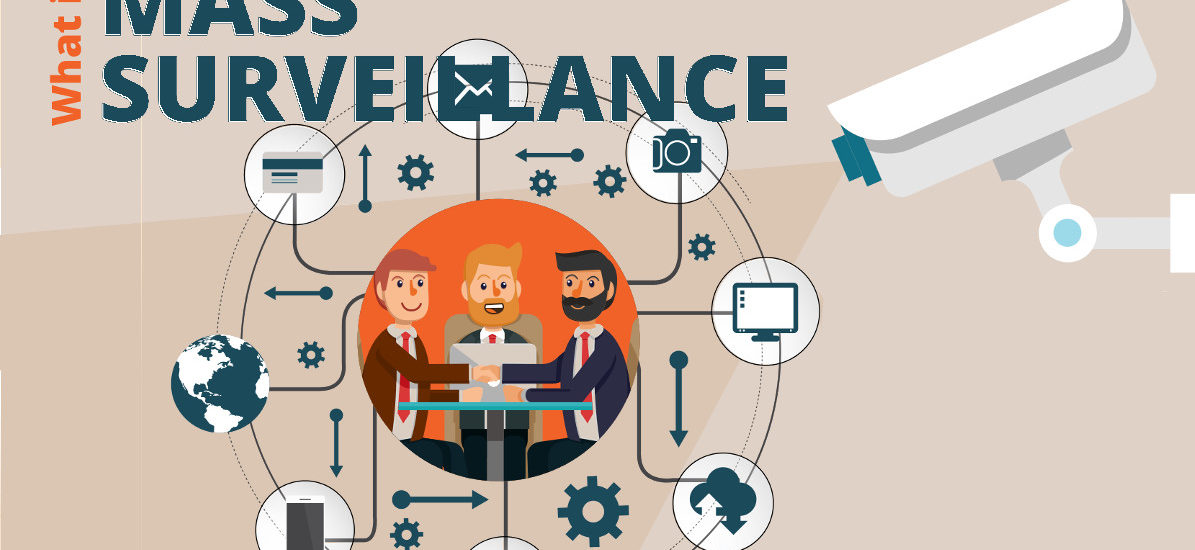(Sorry forgot to publish this sooner!)
Surveillance is the genial moniker for the allowed dissolution of privacy. In the United States specifically, surveillance is being used by both governmental and corporate entities. Globalization has enabled these entities to expand their reach and tap into foreign institutions. This better enables governmental agencies to gather intelligence on other parties and their citizens as well as allows corporations to gather data about foreign and domestic consumers. On the other hand, close surveillance of a population can enable official bodies to better create laws and techniques that suit the needs of citizens. This is exemplified by the partnership between the popular automation app If This Then That, commonly known as IFTTT, and the Pew Research Center (IFTTT). While users of the application set up their devices to fit their desires, the application itself sends user data to the Pew Research Center in order to be used in studies. While this can be seen as helpful overall, it may in fact be an invasion of privacy that users are simply too complacent to be aware of. So while it may benefit the population overall to have data on human behaviors, the means and manner by which the data is collected may not justify those results. In contrast to that, psychological data may need to be gathered in this way in order to ensure the purity of the it. If someone is acutely aware that they are being observed, their behaviors will change and thus, the data collected may not be usable.
In contrast to the noble goal of understanding humanity, surveillance is also used in advertising. From the Nielsen boxes that recorded every sound near a TV set in order to record a tone from each program to the much more recent Samba TV pixel recognition software that is implemented in Smart TV’s around the globe, it is clear that surveillance is evolving for one primary reason- greed. Money has been called the root of all evil and the maker of happiness (NY Times). It is both the driving force of innovation and the binding knife that can kill an idea in its tracks. Either way, in order for our society to move forward in a capitalist system, money is necessary. In relatively recent years, various groups have discovered that information on consumers as a whole is more valuable than a single consumer itself. That is due to the fact that data collection is everywhere and is so important that companies are willing to pay for the data garnered by anyone who has a source.
In my opinion, surveillance is an affront to the basic human right of privacy. While it can be considered useful in the scientific sense, it has become all too entangled in profiteering. Voluntary consent is technically achieved through long-form terms of service agreements (ToS) and check-boxes that need to simply be clicked in order to advance, however, it is common knowledge that these agreements are not read and simply checked off in order for the user to experience whatever the ToS is blocking them from, more quickly. Therefore, this technology is not beneficial to human health in spite of its uses. As for discouraging users from accepting surveillance, I feel that this is a null task. We as a species have in essence decided that short-term gains far outweigh any long-term benefits and mass surveillance is another example of that. From supermarkets to satellite tracking, data collection is everywhere. We are being harvested for our information in order to sell us the parts of ourselves that we willingly gave up in order to watch Netflix on a Smart TV after Alexa ordered us a plate of complacency.
Sources:
https://ifttt.com/pew_research
This is a NYT article but has Jon Snow at the top and the url automatically inserts a photo. In case the embedded link doesn’t work, the article is titled
“How Smart TVs in Millions of U.S. Homes Track More Than What’s On Tonight“

You must be logged in to post a comment.